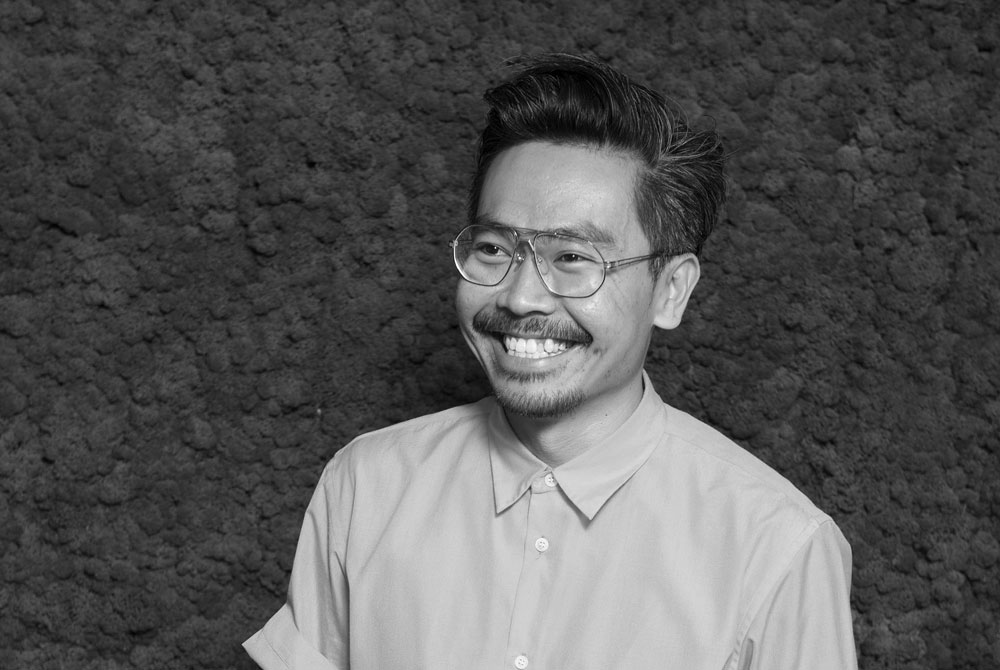Project Description
Ren Yee;
UNStudio, www.unstudio.com
Ren Yee is an architect and Senior Associate at UNStudio in Amsterdam. As Head of Innovation, Strategy and Forecasting he leads UNStudio Futures, a team exploring how we live, work, learn and move today and in the future, and how these shifts play out in the urban realm. Since the lifespan of buildings, public spaces and infrastructure lies typically between 30 – 100 years, architects have always designed with the future in mind. UNStudio Futures aims to foster close collaboration with academics, technologists and built environment leaders in both the public and private sector to speculate, forecast and prototype scenarios in which new technologies are used to solve old problems in architecture and urban planning.
At UNStudio we’ve long advocated the importance of human knowledge alongside computational technologies to solve complex design questions of all scales. Local plans are out of date by the time the ink they’re printed with has dried. But public policy is also a medium for design; using real-time data produced by citizens we can shape the planning and organization of neighborhoods, on both an infrastructural and social level. The disruption of communication technology to urban mobility frees us to think more creatively about density, land use and zoning. What might the future suburb look like once Autonomous Vehicles are on the roads? What new functions could we imagine there?
At the same time, with cities throughout the developed world crippled by affordability crises, the question of housing has never been more pressing. But platform technology today poses opportunities to transform the process of building and maintaining housing. What does a neighborhood look like when every home, room, building component, and piece of furniture has its own unique URL? We can move beyond static addresses to blockchain-enabled identification codes which allow for a fine-grained understanding of ownership in the city: the sharing economy 2.0.
Similarly, the threat from automation and Artificial Intelligence prompt us to reflect on our qualities as humans in order to future-proof our careers. What might an office or campus based around lifelong learning look like? Ageing populations require new models for living amongst other generations. Whilst co-living has to date been developed and marketed as a solution for millennials, it might equally mitigate problems of loneliness and isolation amongst an older demographic. How can architecture support new ways of supporting each other?




Road reimaged



